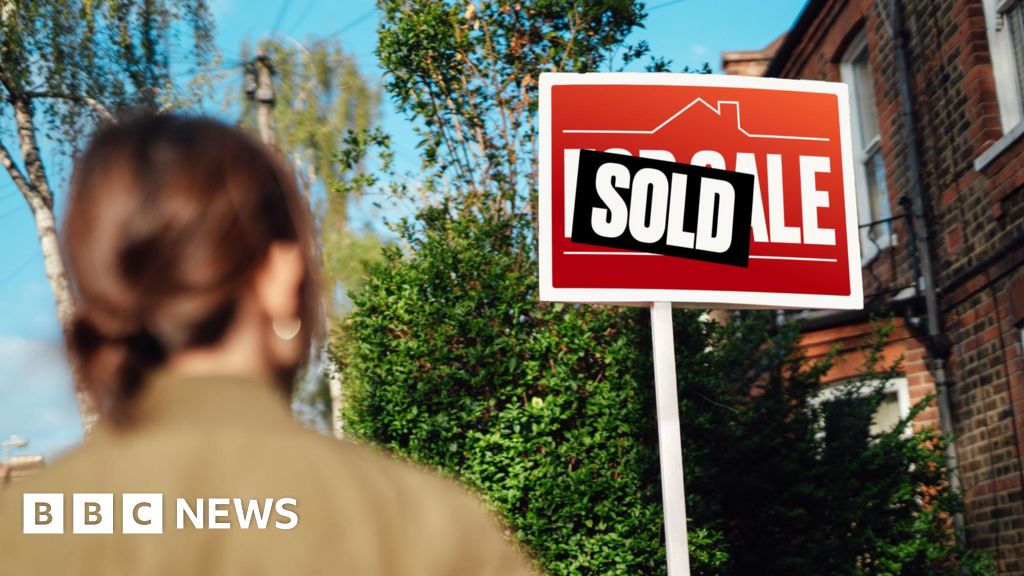ARTICLE AD BOX
Image source, Getty Images
Government borrowing last month was the fourth highest December since records began as the cost of supporting the economy through the pandemic continued.
The gap between spending and tax receipts hit £16.8bn in December, slightly smaller than many economists had forecast.
The figure was helped by more housing stamp duty and fuel taxes bolstering the Treasury's coffers.
However, interest payments jumped largely due to higher inflation.
The Office for National Statistics said interest payments rose to £8.1bn last month, a record for the month and up £5.4bn from a year earlier.
For the financial year to date, borrowing has now reached £146.8bn, the second-highest figure for the period since records began in 1993.
Chancellor Rishi Sunak, under pressure to relax planned tax changes in April, underlined the impact of rising debt repayments in a statement after the figures were released.
He said: "We are supporting the British people as we recover from the pandemic through our Plan for Jobs and business grants, loans and tax reliefs.
"Risks to the public finances, including from inflation, make it even more important that we avoid burdening future generations with high debt repayments.
"Our fiscal rules mean we will reduce our debt burden while continuing to invest in the future of the UK."
In total, more than 50 schemes have been announced by the UK government and devolved nations to support individuals and businesses during the coronavirus pandemic.

 2 years ago
33
2 years ago
33








 English (US) ·
English (US) ·